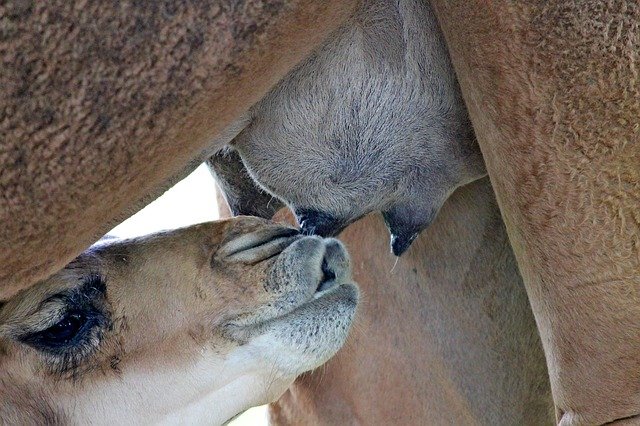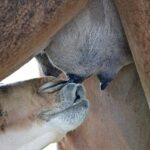Camel milk, in addition to being taken in its natural form, can be used to manufacture a variety of products. These include hump fat, fermented kefir, soap, and lip balm. It can also be used to manufacture bath bombs, face masques, and face washes.

The major reason for starting a camel milk business in Kenya is its low supply amid increasing demand. The entire country has about 1.06 million camels according to Kenya Agricultural and Livestock Research Organization. Compare that to 18 million cows.
Besides, not many can afford a camel because it costs around 12,500 Kenya shillings per calf aged under one year. A mature female costs around 97,143 Kenya shillings. This is in addition to the many issues such as high rearing costs when keeping a camel.
In addition to this, there is a rising demand for camel milk in the country, with a liter fetching up to 300 shillings. Supported by Rabo Rural Fund and Rabobank Foundation, local cooperatives like Classic Foods have been reporting increasing demand in camel milk and camel milk products.
The company processes products like camelcino, camel ice cream, and camel chocolate. It started processing camel milk in 2017. It also trains farmers on matters regarding rearing camels and producing milk from them for a living. In turn, the farmers can deliver milk to the cooperative.
In June 2021, Marianne van Duin of Rabo Rural Fund explained that milk is in high demand in Kenya given it is very rich in vitamins and free from lactose. Industry leaders also reported during the June 2021 World Milk Day that demand for camel milk was up in Kenya, Uganda, and Rwanda.
Bashir Warsame, founder of Nuug Camel Milk, a Nairobi-based company that produces camel yogurt said that demand has grown in the retail and household chains in the region. This is especially due to COVID-19 as people tried to boost body immunity against the coronavirus. The company reported a 30 and 20 percent increase in home and supermarket deliveries, respectively, he said.
The same was repeated by Jama Warsame, a founder of a Northern Kenya-based company called White Gold, which processes camel milk. His company has witnessed double demand for home deliveries this year following COVID-19. It was also receiving orders for 200 liters of camel milk in Rwanda and 150 liters in Uganda weekly, he said.
The milk is believed to have therapeutic benefits against neurological disorders such as autism and cerebral palsy – which is why the demand for milk in lactating mothers had increased, he said.
Kenya, alongside Somalia, Ethiopia and Sudan consume the highest quantity of camel milk per capita in Africa.

